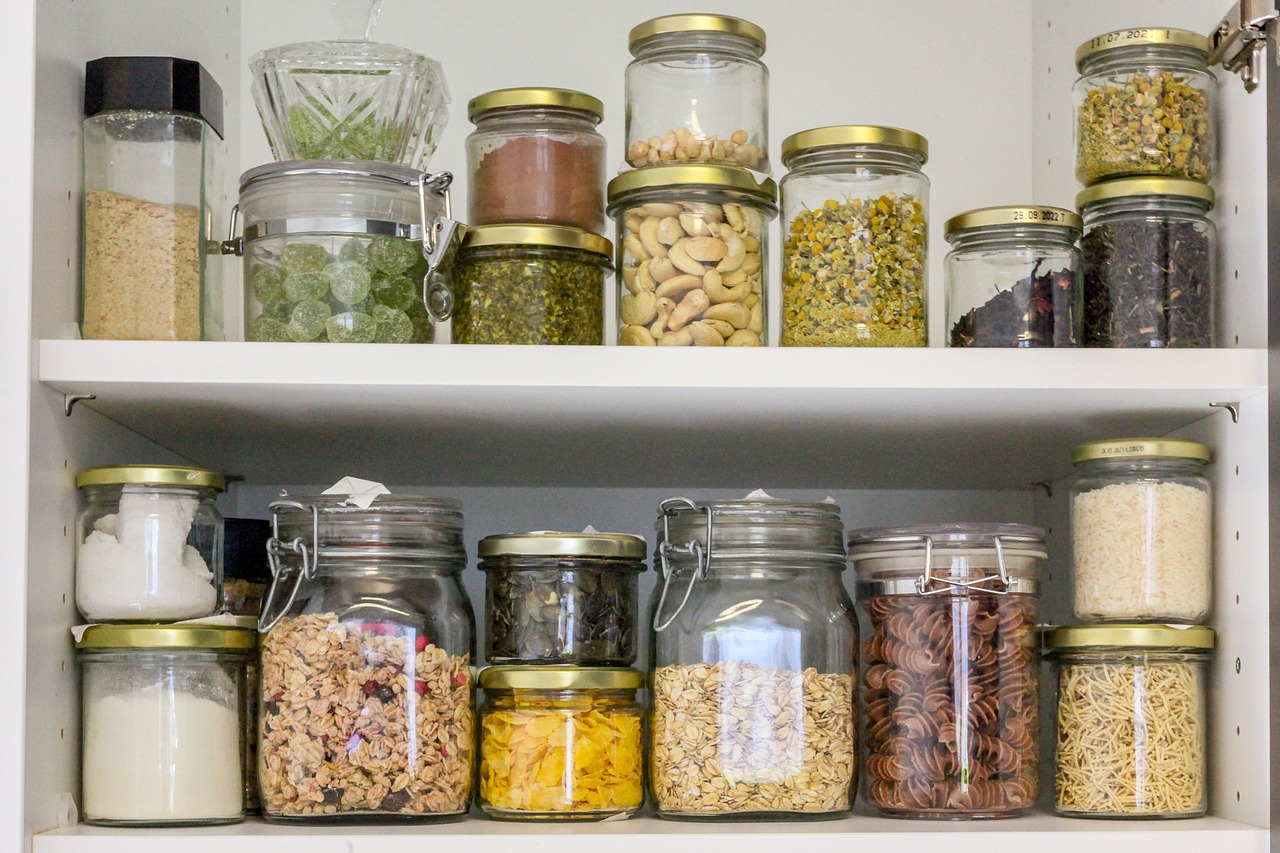Food waste is a significant environmental problem that affects people, the economy, and the planet. Food waste has a considerable impact on the environment, leading to greenhouse gas emissions, water waste, and land degradation. Consumers have an essential role to play in reducing food waste and supporting sustainable cultures. In this article, we will discuss the role of consumers in reducing food waste and supporting sustainable culture.
Understanding food waste
Food waste occurs at every stage of the food supply chain, from production to consumption. Food loss refers to the decrease in the quantity or quality of food resulting from the production, harvest, post-harvest, and processing stages, while the term “food waste” describes the practice of throwing away edible food that has not deteriorated. Food waste can be intentional or unintentional, and it can occur at home, in restaurants, supermarkets, and other food outlets.
Why Consumers Should Care About Food Waste
Food waste has a significant impact on the environment, and it is a global problem that affects everyone. When food is wasted, it leads to the waste of the resources used to produce it, such as land, water, and energy. Additionally, food waste generates greenhouse gas emissions that contribute to climate change. Reducing food waste can help conserve natural resources, reduce greenhouse gas emissions, and save money.
It is not only disastrous but also unethical to throw away food when millions of people go hungry every day. Consumers can save money and have more financial flexibility if they reduce food waste. Consumers may aid in the solution of these problems while also improving their own health and saving money by wasting less food.
Tips for Consumers to Reduce Food Waste
Consumers can play an essential role in reducing food waste by adopting sustainable food practices at home. Here are some tips for consumers to reduce food waste:
- Plan your meals and shop smart.
- Store your food properly.
- Use leftovers creatively.
- Compost your food waste.
- Donate your excess food.
One of the main causes of food waste is buying too much food and not using it before it goes bad. To avoid this, plan your meals ahead of time and make a shopping list based on what you need. Stick to the list when you go to the store and avoid impulse purchases. Also, buy only what you can realistically consume before it expires.
Another common cause of food waste is improper storage. Many foods, such as fruits, vegetables, and dairy products, have a limited shelf life and need to be stored correctly to avoid spoilage. Invest in quality food storage containers and refrigerate or freeze perishable items promptly. Also, make sure to label and organize your food to avoid forgetting about it and letting it go to waste.
Leftovers are a great way to save time and money, but they can also contribute to food waste if not used properly. Instead of simply reheating your leftovers, try to repurpose them into new meals. For example, leftover chicken can be turned into chicken salad, and stale bread can be used to make croutons or bread pudding. Get creative and experiment with new recipes to make the most of your leftovers.
Food waste can be recycled into nutrient-dense soil through the process of composting. By composting your food waste, you can reduce the amount of waste that goes to landfills and create a valuable resource for your garden or plants. To get started, you can either purchase a compost bin or make one yourself. Then, simply add your food waste, such as fruit and vegetable scraps, eggshells, and coffee grounds, to the bin and let nature do the rest.
If you have excess food that you know you won’t be able to consume, consider donating it to a local food bank or charity. Many organizations accept non-perishable and perishable food items and distribute them to people in need. By donating your excess food, you can help reduce food waste and support your community.
The Importance of Supporting Sustainable Food Systems
Supporting sustainable food systems is essential for reducing food waste and conserving natural resources. Sustainable food systems are those that promote environmental, social, and economic sustainability. They focus on reducing waste, conserving natural resources, supporting local farmers, and promoting healthy and nutritious food choices.




